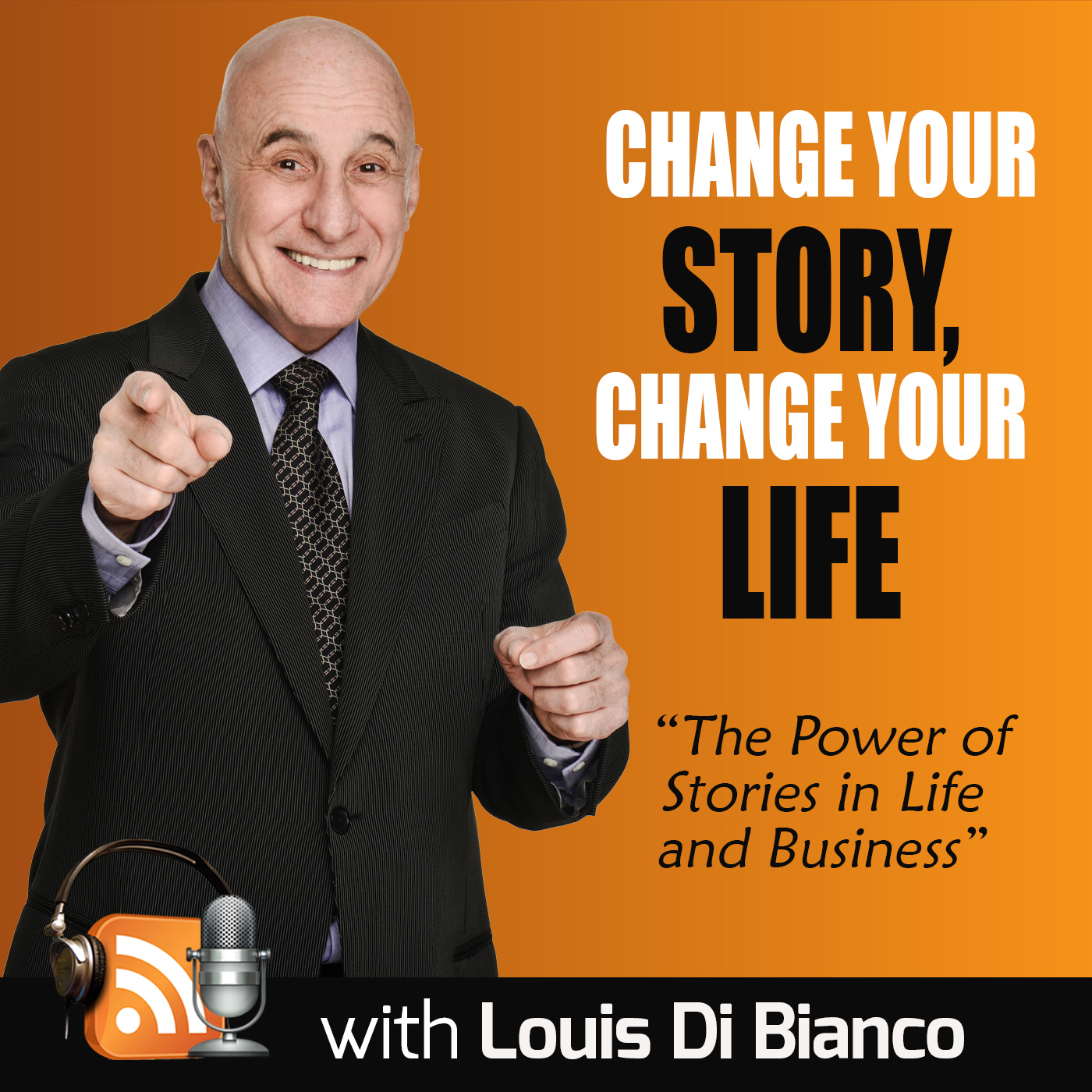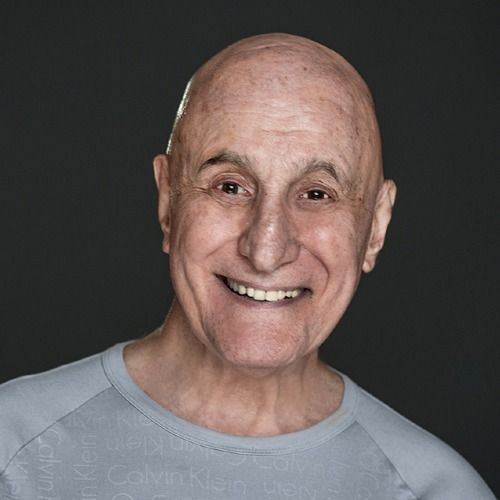167: In Late, Out Early
IN LATE, OUT EARLY
You’ve learned about how to create a strong hook to open your stories in a previous episode. Now, we will take a deeper dive into the subject.
Learning how to grab people’s attention immediately is vital to your success as a storyteller. You can get everything right after your opening, but if that opening is weak, they will never experience your story.
This is particularly true in 2019; it’s the digital age, and we are used to everything on demand. Most people have a Twitter attention span.
In Late, Out Early is a screenwriting technique that’s beautifully explained by master screenwriting teacher, Syd Field in several of his books.
Field uses this term to describe how you create a compelling scene in a screenplay. Here’s what it means literally. You begin a scene at a tense moment in a conflict between characters. You thrust the audience into the conflict that’s already in progress (in late), let them experience it for a short while, then end the scene before the conflict is resolved (out early).
Psychologically, this hooks viewers by arousing strong curiosity and not satisfying that curiosity until much later in the script. The technique opens a curiosity loop and creates cliffhangers.
Ideally, you will continue to create cliffhangers throughout your story. That keeps people involved until the end.
This next point should be obvious, but I’ve seen it violated often. You must always deliver the payoff to any cliffhanger by resolving the problems you introduce. If you do not, you will have cheated your audience. They will feel it and draw away from you.
You will learn how James Cameron uses the in late, out early technique brilliantly in Terminator 2.
In this episode, you will also learn to ask better questions that will strengthen your storytelling power. Here is a typical bad question that people ask. How long should my video, sales letter, email, or any marketing message be? (they are all examples of stories).
Why is it a bad question? Because it does not have an answer that will empower you. It implies that there is an ideal length for your important communications with popspects, clients, and customers.
The question that will serve you better is: How can I keep people engaged in any message or story that I deliver no matter how long it is?
People will stop watching a boring thirty minute film, but they will remain engaged in a compelling three hour film.
You will also hear about a great exercise you can do immediately to add magnetic power to all your communication.
BOOKS IN THIS PODCAST
Screenplay by Syd Field
The Screenwriter’s Workbook by Syd Field
Four Screenplays by Syd Field

